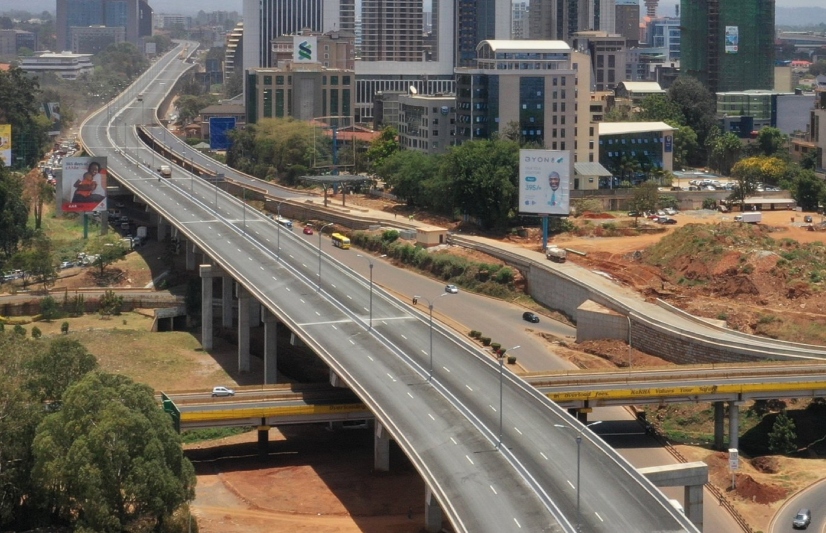Suez Canal toll to spike cost of fuel

Importation of products from the Middle East and Europe will cost more beginning May following a tax hike of up to 15 per cent by the government of Egypt for all ships passing through the Suez canal.
Egypt said in a statement on Tuesday that it will increase transit fees for vessels, including oil-laden tankers, passing through Suez Canal, which is one of the world’s most crucial waterways.
“The raise will be imposed on general cargo ships, vessels carrying vehicles, multi-purpose ships, heavy-lift vessels, general-cargo and multi-purpose ships,” the Suez Canal Authority said in a statement.
General cargo ships will accordingly face a tax hike from 7 per cent to 14 per cent, while oil ships will pay 15 per cent up from the current 5 per cent.
This comes even as Kenyan households brace for higher energy and food costs as a result of the ongoing threat of war between Russia and Ukraine, which has affected the value chain, sending global oil prices soaring.
Middle East exports
Kenya imports oil from the United Arab Emirates which passes through the canal to the gulf of Aden. Imports from Europe and Middle East such as machinery, textiles, grains and others pass the canal.
This also means that Kenya’s exports to the Middle East and Europe will also face competition due to high taxes along the route.
This means the cost of petrol and diesel could go up if importers decide to pass the cost over to customers in a move that may complicate the government subsidy programme further.
Kenyans are now paying Sh134 a litre for petrol and Sh115 for diesel as prices continue to rise adding to inflation pressure.
It said the increases will take effect starting May 1, and could later be revised or called off, according to changes in global shipping.
The new increase are amendments to surcharge hikes imposed in March on vessels passing through the waterway, the canal said. On the other hand, the authority said surcharge fees for chemical tankers, and other liquid bulk tankers will be hiked to 20 per cent up from 10 per cent, while laden and ballast dry bulk vessels will have their surcharges increase to 10 per cent.
Vessels carrying vehicles, general cargo, and heavy lift vessels, as well as multi-purpose vessels, will see a 14 percent increase up from seven per cent, according to the canal.
Ballast crude oil and oil products tankers transiting the canal are still required to pay a surcharge of 5 percent of normal transit fees, it said.
On its website, the canal said the increases come “in line with the significant growth in global trade … and the waterway development and the enhancement of the transit service.”
Suel Canal Authority
Canal authorities have been working to widen and deepen the waterway’s southern part, where a hulking vessel ran aground and closed off the canal in March 2021.
The six-day blockage disrupted global shipment. About 10 per cent of global trade, including 7 per cent of the world’s oil, passes through the Suez Canal, which connects the Mediterranean and Red seas.
For Egypt, the canal which first opened in 1869 is a source of both national pride and foreign currency. Authorities said 20,649 vessels passed through the canal last year, a 10 percent increase compared to 18,830 vessels in 2020.
The annual revenues of the canal reached $6.3 billion in 2021, the highest in its history.















